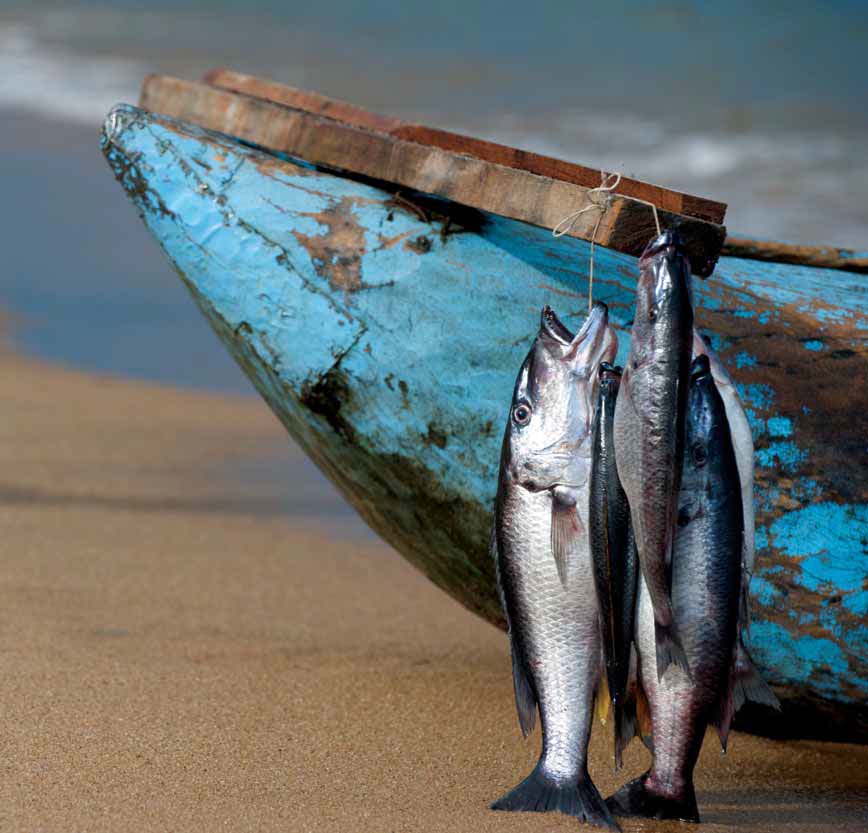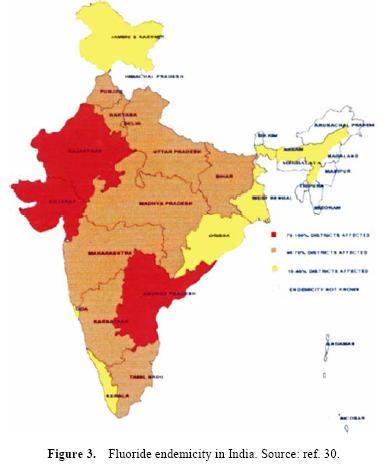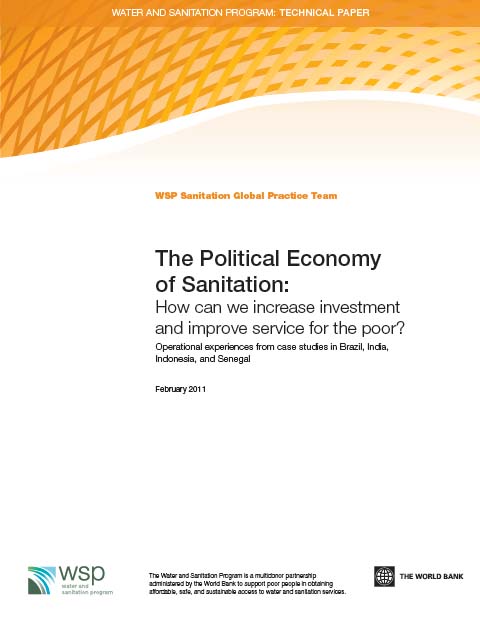/topics/contamination-pollution-and-quality
Contamination, Pollution and Quality
Blue harvest – Inland fisheries as an ecosystem service – A report by UNEP
Posted on 24 Aug, 2011 11:34 AM This report by United Nations Environment Programme (UNEP) reviews the importance of inland fisheries as an ecosystem service, the pressures upon them, and management approaches to sustain them and thus helps inform future approaches to conservation and management of freshwater ecosystems.
This report by United Nations Environment Programme (UNEP) reviews the importance of inland fisheries as an ecosystem service, the pressures upon them, and management approaches to sustain them and thus helps inform future approaches to conservation and management of freshwater ecosystems.
There is an urgent need for major investment in policy and management approaches that address the direct and indirect drivers of aquatic ecosystem degradation and loss of inland fisheries taking into account their role in sustainable development and human well being. The UNEP Ecosystem Management Programme (UNEP-EMP) provides an effective framework for pursuing this challenge.
Rajiv Gandhi National Drinking Water Mission – Report of an evaluation study by the Planning Commission (2010)
Posted on 23 Aug, 2011 10:17 PMThis evaluation study report by the Programme Evaluation Organisation, Planning Commission attempts to document the major achievements in rural water services under Rajiv Gandhi National Drinking Water Mission. It does so by assessing the extent of coverage and access to improved services in the rural areas.
Challenges of sustainable water quality management in rural India - Current Science
Posted on 23 Aug, 2011 04:51 PM The article informs that access to safe drinking water remains an urgent necessity, as 30% of urban and 90% of rural households still depend completely on untreated surface or groundwater.
The article informs that access to safe drinking water remains an urgent necessity, as 30% of urban and 90% of rural households still depend completely on untreated surface or groundwater.
While access to drinking water in India has increased over the past decade, the tremendous adverse impact of unsafe water on health continues. It is estimated that about 21% of communicable diseases in India are water related.
Although some degree of intervention in terms of chlorination and monitoring of water quality exists in major cities and towns, rural India, which constitutes the bulk (70%) of the population, is usually deprived of such interventions. The population in rural India is mainly dependent on the groundwater as a source of drinking water. As a quality concern the groundwater is often found to be contaminated with fluoride, arsenic, iron and salts. In recent years, fluorosis has emerged as major public health issue in rural India.
Virological evaluation of domestic water purification devices in India - Inadequate quality and the need for virological standards - Tropical Medicine and International Health
Posted on 14 Aug, 2011 03:36 PMThis paper published in the journal
Integrated Low Cost Sanitation Scheme - Revised guidelines by the Ministry of Housing and Urban Poverty Alleviation (2008)
Posted on 12 Aug, 2011 04:29 PMThe objective of the scheme is to convert or construct low cost sanitation units through sanitary two pit pour flush latrines with superstructures and appropriate variations to suit local conditions (area specific latrines) and construct new latrines where economically weaker sections household have no latrines and follow the in-human practice of defecating in the open in urban areas. This would improve overall sanitation in the towns.
The challenges of ecological sanitation in coastal south India - A case study of Kovalam town - South Chennai (Tamil Nadu) - A presentation
Posted on 11 Aug, 2011 05:48 PMThis presentation by Sekhar Raghavan, Director, Rain Centre, Chennai, India highlights the experiences and the challenges faced by Rain Centre in introducing ecological sanitation in the coastal town of Kovalam near Chennai, Tamil Nadu, India along with Coastal and Rural development Trust (CRDT), a small non profit centre based in Kovalam .
The coastal town of Kovalam was selected as a case because of its peculiar situation with its location in a fast developing peri-urban area in proximity to Chennai city characterised by good groundwater situation, adequate land and housing facilities, but with a glaring and urgent need and demand for toilets.
Sustainable Development Framework for the mining sector in India – A report by the Ministry of Mines
Posted on 29 Jul, 2011 01:03 PM It does this in light of the recommendations of the Anwarul Hoda Committee, a High Level Committee set up by the Planning Commission in 2005. The draft SDF prepared by ERM India Pvt. Ltd. for the Ministry of Mines was released recently for seeking public comments before its formal adoption. It presents a set of guiding principles for the mining sector in India, which aims at achieving resource efficiency, business viability and environment stewardship around development of affected communities.
It does this in light of the recommendations of the Anwarul Hoda Committee, a High Level Committee set up by the Planning Commission in 2005. The draft SDF prepared by ERM India Pvt. Ltd. for the Ministry of Mines was released recently for seeking public comments before its formal adoption. It presents a set of guiding principles for the mining sector in India, which aims at achieving resource efficiency, business viability and environment stewardship around development of affected communities.
Plastic Waste (Management and Handling) Rules (2011)
Posted on 28 Jul, 2011 08:21 AMThis document on the Ministry of Environment and Forests site includes the Plastic Waste (Management and Handling) Rules replaces the earlier Recycled Plastics Manufacture and Usage Rules,1999 (amended in 2003).
The political economy of sanitation - How can we increase investment and improve service for the poor? – A report by Water and Sanitation Program
Posted on 26 Jul, 2011 02:53 PM This global study attempts systematically to understand and thus help practitioners manage the political economy of pro-poor sanitation investments and service provision.
This global study attempts systematically to understand and thus help practitioners manage the political economy of pro-poor sanitation investments and service provision.
It aims to provide practical advice to multi-lateral agencies and sanitation practitioners to help them better manage stakeholder relations and effectively maneuver within the complex institutional relationships of the sanitation sector in order to enhance the design, implementation, and effectiveness of operations that provide pro-poor sanitation investments and services. The ultimate goal is to improve health and hygiene outcomes.
This study follows current approaches to political economy - interdisciplinary inquiry drawing upon social and political theory and economic principles - to understand how political actors, institutions, and economic processes influence each other. This study’s conceptual framework combines a diagnostic component with a typology of actions to help translate analytical findings into more effective support to operations and investments.
Guidelines of the Central Rural Sanitation Programme and Total Sanitation Campaign by the Department of Drinking Water and Sanitation (2011)
Posted on 25 Jul, 2011 07:30 PMThis document by the Department of Drinking Water and Sanitation deals with the guidelines of the Central Rural Sanitation Programme (CRSP) and Total Sanitation Campaign (TSC). India’s first nationwide programme of rural sanitation, the CRSP was launched in 1986, while TSC was launched in 1999 with the aim of ending open defecation.





